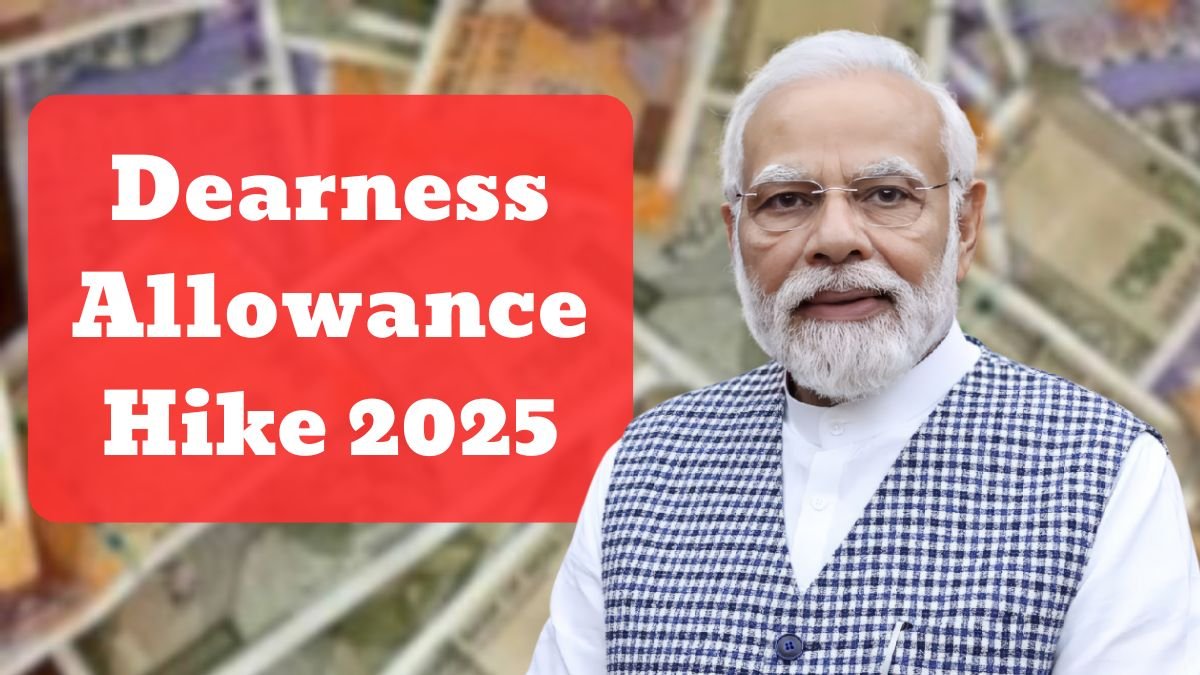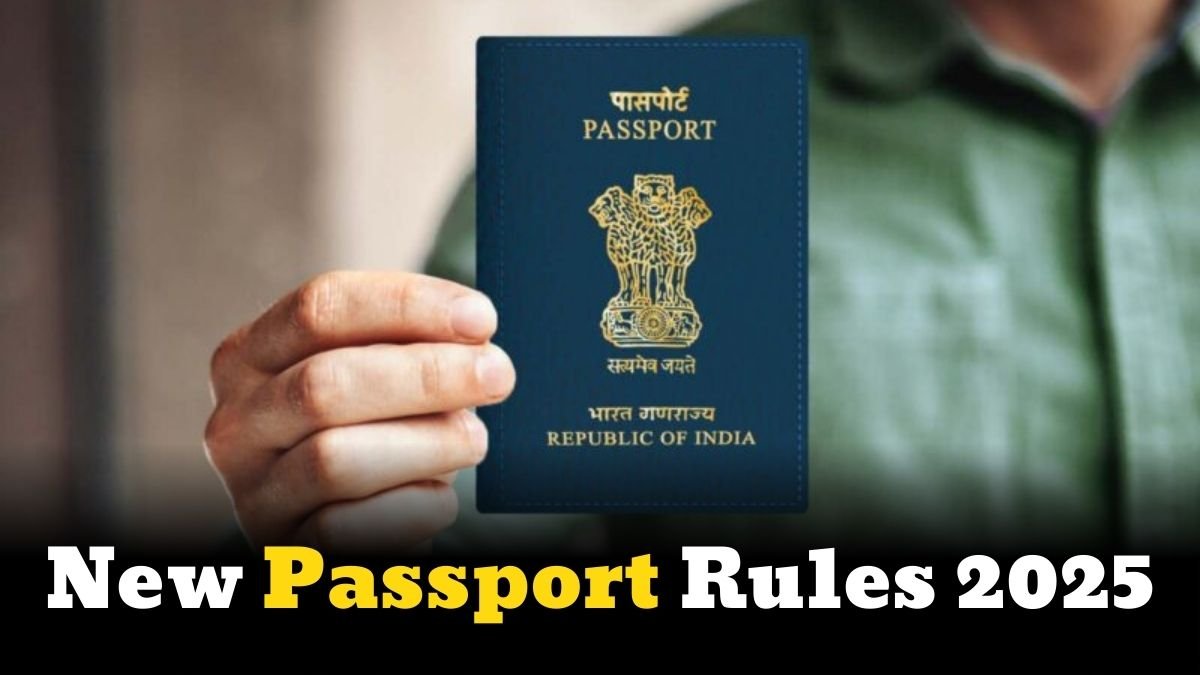Most of the rules concerning check bounces received review and substantial changes, in particular in April 2025, through the joint efforts of the Government of India and the Reserve Bank of India (RBI). These rules are meant for the security and transparency of financial transactions. Check bounce, which usually occurs due to insufficient funds or technical glitches, now subjects the offender to grave legal consequences. Let’s discuss these new laws in detail.
What Is A check bounce?
The check bounce is when the bank does not allow certain checks to be converted into cash. The reasons could be many; insufficient funds in the account, difference in signatures, or renewed validity of the check. A check bounce causes a dual loss: one monetary and second any number of legal troubles for the cheque issuer.
New Rule Details
Under the rule of law in 2025, the ECS (Electronic Clearing Service) is made a mandatory requirement for a quick check bounce settlement. Police complaints are now mandatory in cheque bounce cases where the cheque amount is one crore or more. For habitual offenders of bounced cheques, authorities have prescribed stringent penalties including up to two years of imprisonment plus a fine of an amount equal to double that of the bounced cheque.
Law Procedure And Penalty Imposition
Cheque bounce is filed and listed under Section 138 of the Negotiable Instruments Act, 1881. The act states that the cheque issuer must pay the cheque-giving-outstanding amount within 15 days of receiving the notice. If the issuer fails to pay, the matter is taken to small claims or commercial court, where, if found guilty, the court imposes a fine or jail sentence on the cheque issuer.
Practical Considerations
To prevent bouncing checks, make sure that funds are available in the account prior to issuing a check. Check the signature and details on the check thoroughly. Remember to take note of the check’s validity period so that you can deposit the check in a timely manner.
Future Prospects
The Cheque Bounce Rules of 2025 are an important milestone for enhancing financial discipline and security. These rules are expected not only to reduce the cases of cheque bouncing but also to increase transparency in financial transactions.
Also Read: Bank Locker New Rules 2025: Safer, Smarter And More Transparent…





